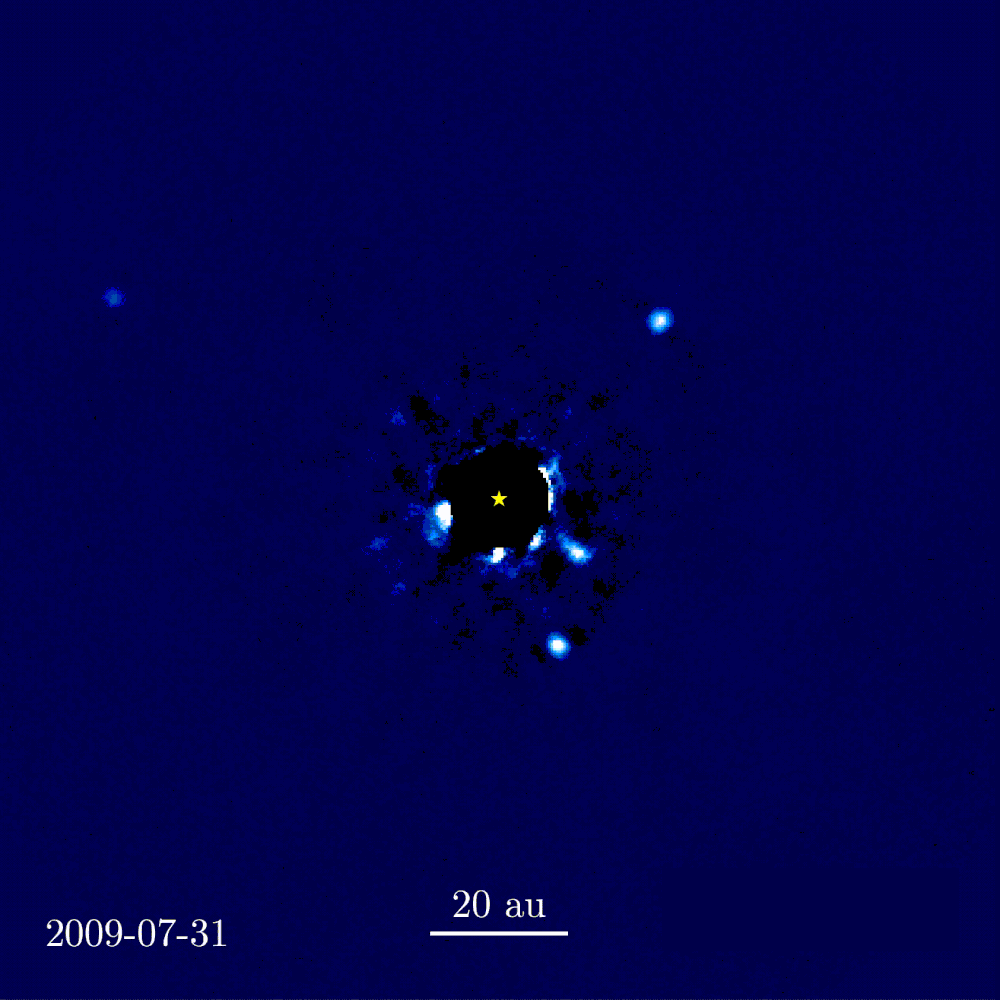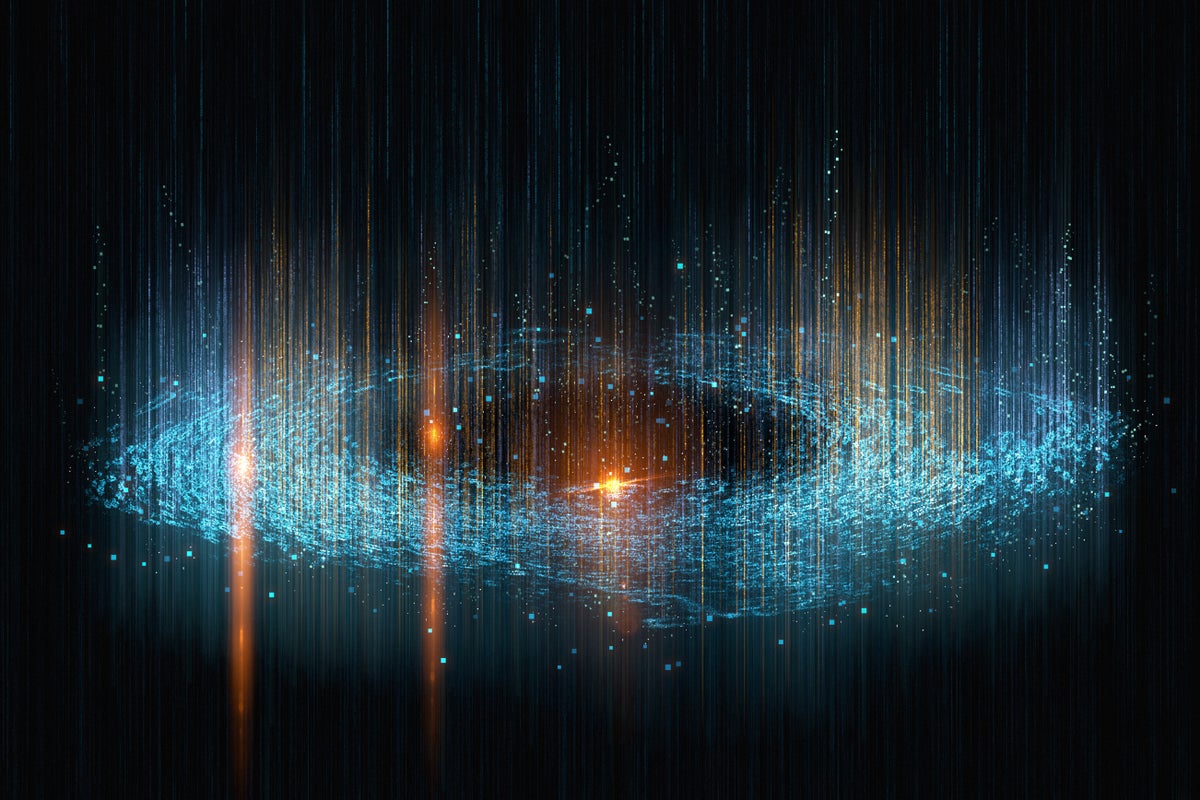excreationist
Married mouth-breather
Elon Musk talking about aliens:
1:39
Then there is this:

 en.wikipedia.org
en.wikipedia.org
As a believer in the video game explanation my explanation for the apparent absence of aliens is to keep the costs of the video game low. I mean if you're looking at a typical distant star that apparently involves 10^57 atoms it can be approximated to us viewing it a lot more cheaply than if it had a Matrioshka brain attached or some nearby civilizations even though it might involve less than double the apparent atoms of the star on its own.
It is related to how likely evolution is. Either it is highly unlikely meaning that it rarely happens (e.g. once in the universe or our galaxy) or it is quite likely.... (or in-between)
My belief is that our simulation only started relatively recently and a virtual evolutionary history is worked out later on e.g.

1:39
Elon Musk has also said he thinks we're probably in a simulation/video game:I think it was Carl Sagan that said there either are a lot of aliens or none and they're equally terrifying
Then there is this:

Exoplanet - Wikipedia
 en.wikipedia.org
en.wikipedia.org
it can be hypothesized that there are 11 billion potentially habitable Earth-sized planets in the Milky Way
As a believer in the video game explanation my explanation for the apparent absence of aliens is to keep the costs of the video game low. I mean if you're looking at a typical distant star that apparently involves 10^57 atoms it can be approximated to us viewing it a lot more cheaply than if it had a Matrioshka brain attached or some nearby civilizations even though it might involve less than double the apparent atoms of the star on its own.
It is related to how likely evolution is. Either it is highly unlikely meaning that it rarely happens (e.g. once in the universe or our galaxy) or it is quite likely.... (or in-between)
My belief is that our simulation only started relatively recently and a virtual evolutionary history is worked out later on e.g.


